Boldly Going Where No TV Show Had Gone Before
Let’s set the scene: a sleek starship cruising through the galaxy, a fearless captain leading the charge, and a logical Vulcan whose eyebrow raises said more than most scripts ever could. Yep, we’re talking about Star Trek—the sci-fi saga that launched a thousand fan clubs and shaped the imagination of generations.
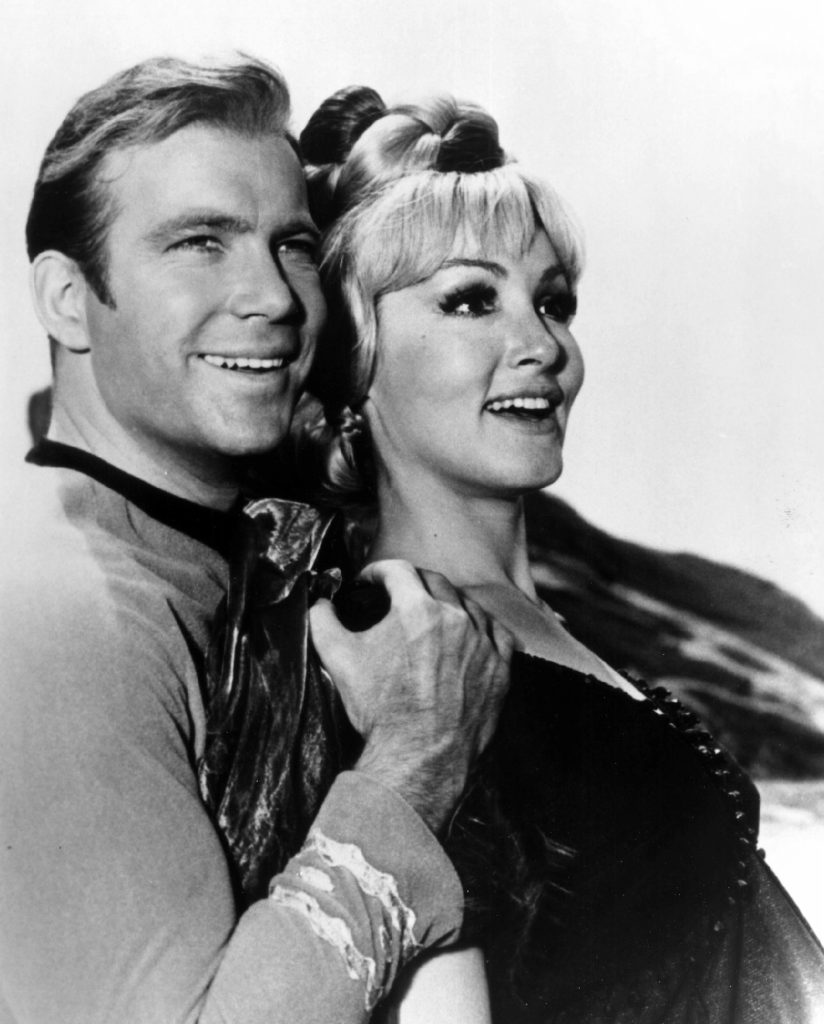
But here’s something many fans never knew: Star Trek almost didn’t make it. That’s right. The original series was nearly scrapped because TV executives thought it was too intellectual for average audiences.
Spoiler alert: they were wrong. Very wrong.
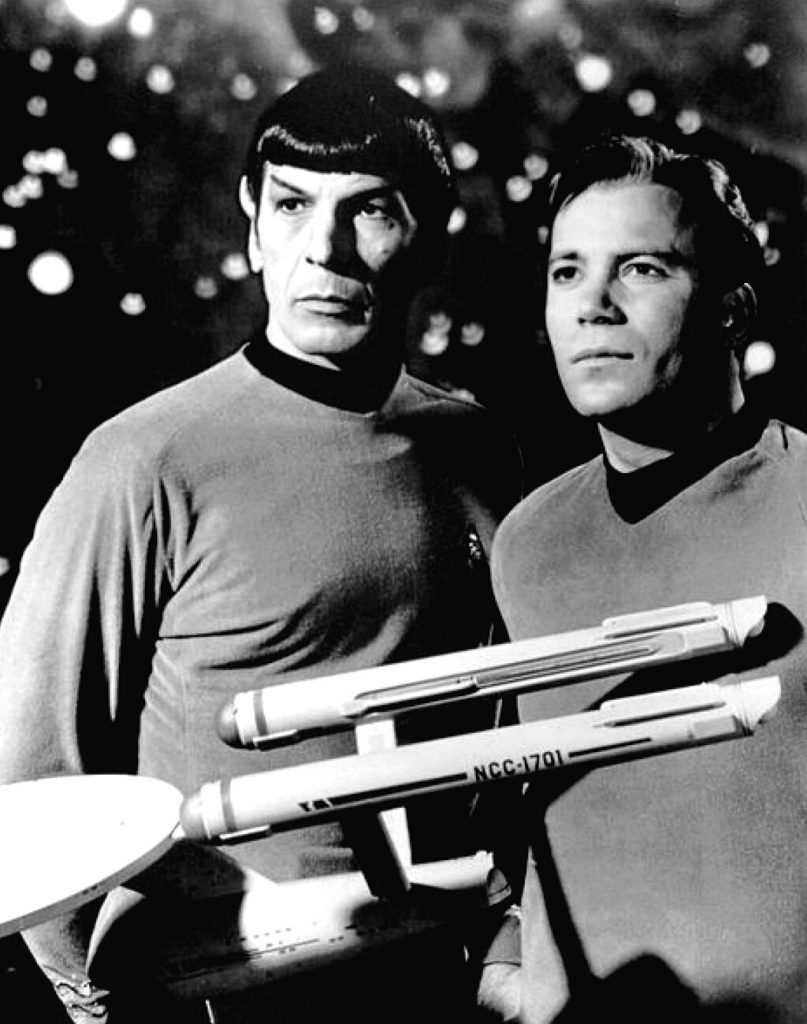
The Birth of a Vision Bigger Than TV
Back in the 1960s, Gene Roddenberry wasn’t looking to make just another adventure show. He wanted something bigger. A platform for ideas. A mirror for society. A hopeful future where humans (and a few friendly aliens) had figured out how to work together, explore the stars, and tackle moral dilemmas along the way.
That kind of thinking wasn’t exactly what TV executives were craving in the era of cowboy westerns and laugh tracks. Roddenberry’s script for Star Trek was rejected multiple times. The networks wanted action—not philosophy. They thought audiences wouldn’t connect with futuristic ethics or intergalactic diplomacy.
They underestimated the audience.
Video: It never happened – Star Trek TNG/TOS
Too Brainy to Succeed? NBC Thought So
When Star Trek finally made it to NBC in 1966, the odds were already stacked against it. The show featured complex dialogue, cutting-edge science concepts, and social allegories tucked inside stories about Klingons and tribbles. NBC worried that it wasn’t “relatable” enough.
After just two seasons, the ratings dipped. The network was ready to cancel it—until something unexpected happened: the fans fought back.
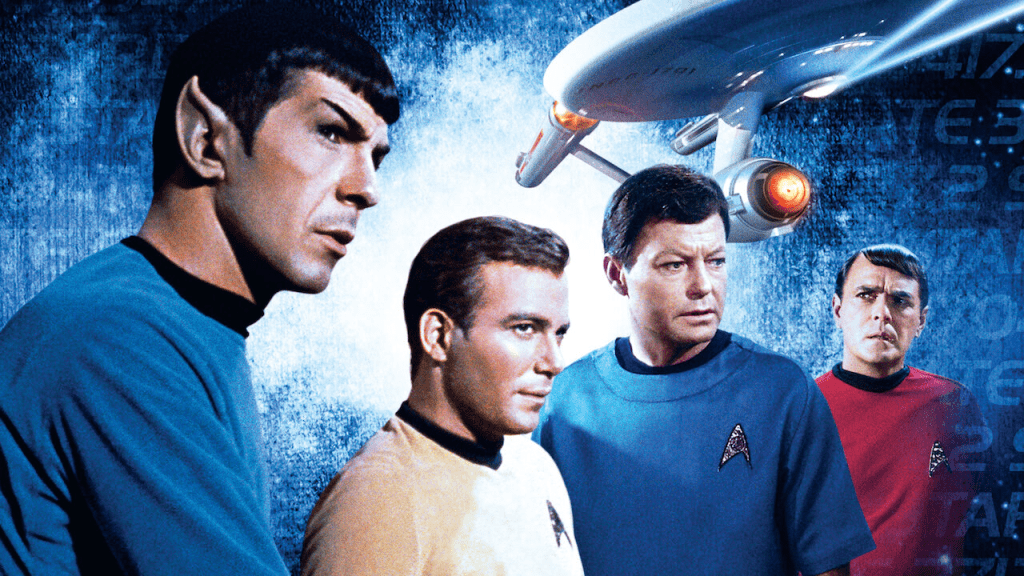
Thousands of letters poured in. College students, scientists, writers, and everyday viewers begged NBC to keep it alive. That passionate fanbase was one of the first true fandom movements—and it saved the show for one more season.
Three seasons. Seventy-nine episodes. And that was just the beginning.
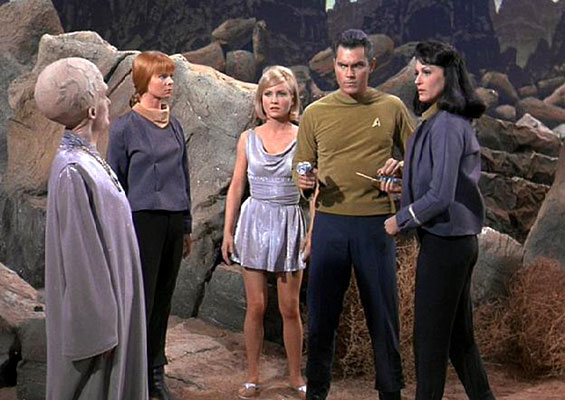
Star Trek’s Secret Weapon? Real-World Relevance
So, what made Star Trek stick? Simple: it was about more than just phasers and warp speed. It tackled race, war, gender roles, and politics—masked in space-age plots. It gave people permission to dream of a better future, one where humanity wasn’t just surviving, but evolving.
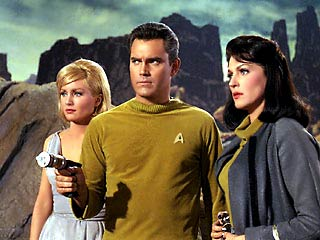
Let’s not forget the moment in 1968 when Captain Kirk and Lt. Uhura shared one of the first interracial kisses on American television. That wasn’t just bold—it was revolutionary.
And then there was Spock. A half-human, half-Vulcan who wrestled with identity and emotion. Leonard Nimoy’s character became a breakout star, giving science nerds and quiet thinkers everywhere a new kind of hero.
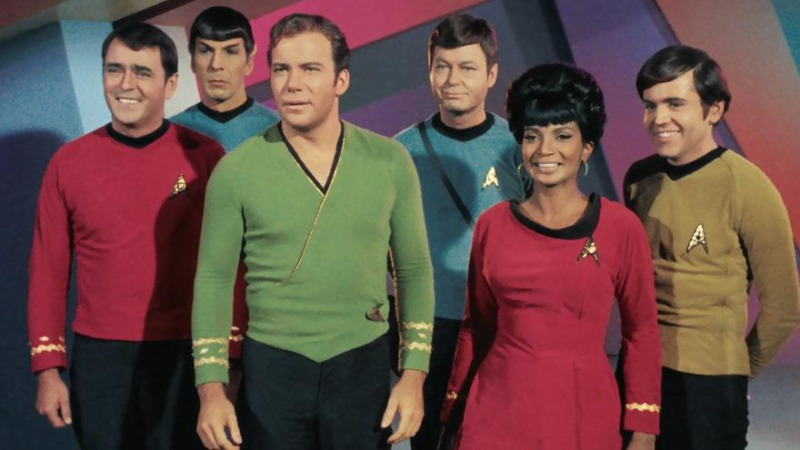
The Franchise That Refused to Die
After the original series ended in 1969, most shows would’ve faded into rerun oblivion. But Star Trek? It got bigger.
Syndication breathed new life into the show. Suddenly, it was airing everywhere—late-night slots, Saturday afternoons—and a whole new generation started discovering the Enterprise.
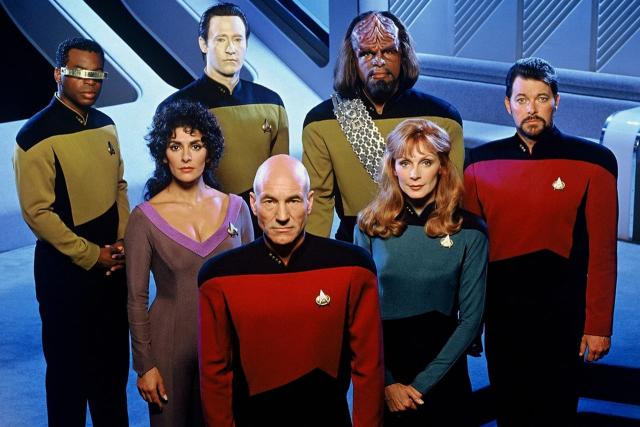
Then came the movies. Star Trek: The Motion Picture (1979) wasn’t just a comeback—it was proof that the fandom had only grown stronger. From there, the universe exploded: The Next Generation, Deep Space Nine, Voyager, Enterprise, and modern hits like Discovery and Strange New Worlds.
Each series brought new captains, new tech, new conflicts—but the core vision remained: explore, evolve, and do better.
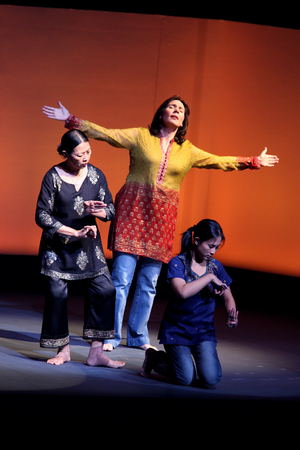
The Legacy Beyond the Screen
The influence of Star Trek reaches far beyond TV. Just ask any NASA engineer, tech entrepreneur, or scientist who credits the show for their inspiration. Flip phones? Thank Star Trek. Tablet computers? Yep, those too. Even the idea of virtual assistants echoes the ship’s onboard computer.
And it’s not just tech. The show created a community—a global family of fans who speak Klingon, attend conventions in uniform, and believe in the possibility of peace across planets.
That’s not just entertainment. That’s cultural transformation.
Video: Does everyone see Uhura in the back here??? #starfleet #startrekonline #startrek #shortsfeed #shorts
What Most People Still Don’t Know
Here are a few surprising facts even many fans don’t know:
- Star Trek was the first television show to feature an openly Russian character (Chekov) during the Cold War.
- The original pilot didn’t even include Captain Kirk—it starred Jeffrey Hunter as Captain Christopher Pike.
- Martin Luther King Jr. personally told Nichelle Nichols (Uhura) not to quit the show, calling her a role model.
These aren’t just fun tidbits—they’re proof of how deeply the show was tied to social progress from day one.
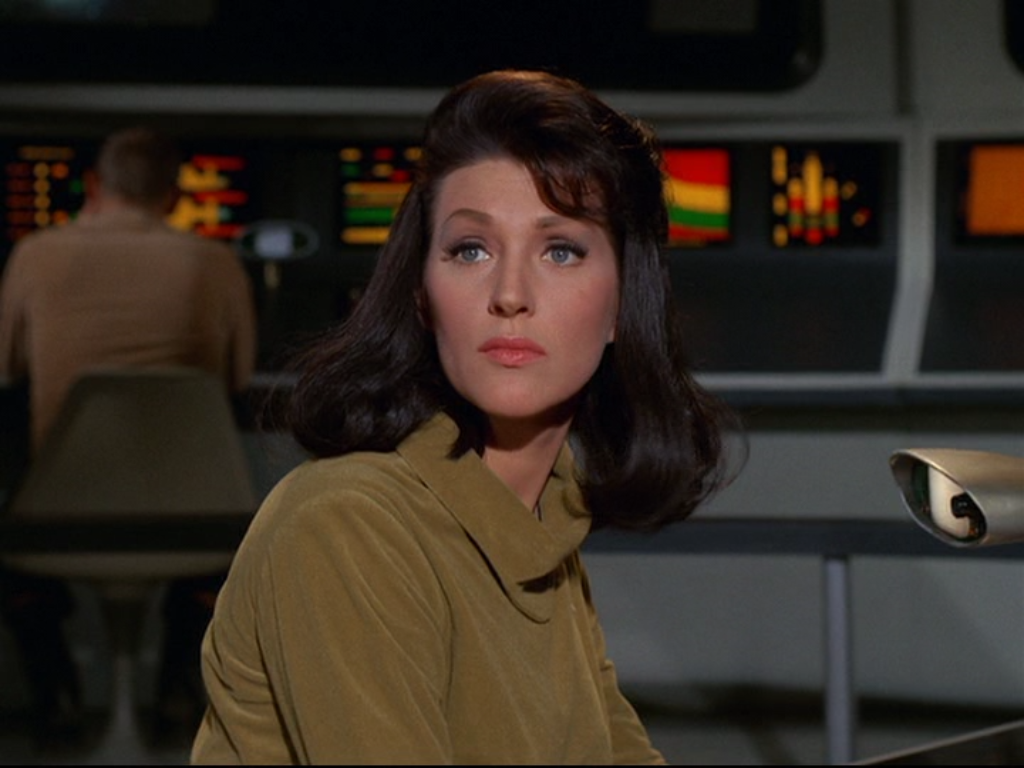
Conclusion
Star Trek didn’t just survive—it thrived. From a nearly canceled “too smart” sci-fi show to a billion-dollar franchise that’s still boldly going, it’s a rare case of intellect, imagination, and heart winning the long game.
It taught us that leadership doesn’t mean dominance, that diversity is strength, and that the final frontier isn’t just space—it’s us, evolving into something better.
And that’s why, decades later, we’re still watching. Still dreaming. Still saying, “Live long and prosper.”